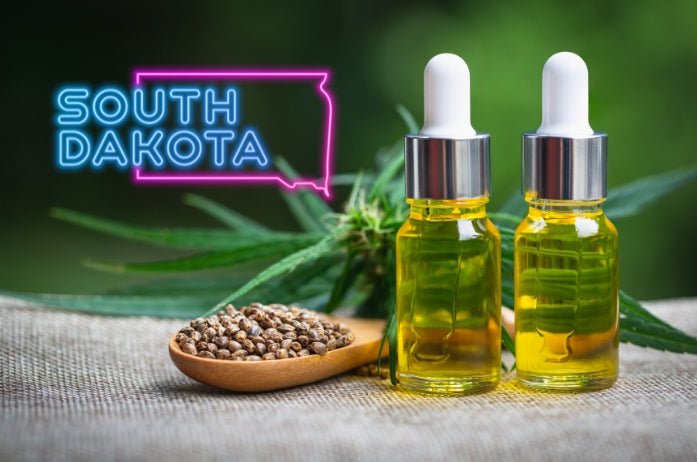Officials also aim to provide ‘early advantages’ for social equity applicants as part of the overall plan for a faster and more equitable launch.

In their continuing effort to get Minnesota’s recreational marijuana industry for adults over 21 off the ground, officials in charge of creating and launching the North Star state’s cannabis market unveiled a plan for expediting adult-use sales this week.
According to multiple media outlets, the state’s Office of Cannabis Management (OCM) released a plan for issuing “temporary licenses” for the legal marijuana industry ahead of the projected early 2025 schedule.
The hope is to have licensed retail dispensaries open for business “as soon as this summer,” with a concerted effort to specifically target and assist social equity applicants in becoming some of the first licensed businesses. Officials discussed the proposed strategy during an update meeting on the progress of implementing the legalization reform measure passed and enacted last year.
During the presentation of the proposed new strategy, OCM interim director Charlene Briner stated the plan, which will require a modification of the legalization statute, would “expedite the 2025 market launch and provide early advantages to social equity participants.” Likewise, the accelerated temporary licensing process would also prevent the inevitable “licensing bottleneck” associated with launching a massive statewide industry.
“We want to include a mechanism for temporary licenses, particularly for social equity applicants. And when I say temporary licenses, I mean early licenses—so as soon as this summer, depending on if the legislature decides to take us up on that,” Briner said during a public webinar hosted by OCM.
"We want to include a mechanism for temporary licenses, particularly for social equity applicants. And when I say temporary licenses, I mean early licenses—so as soon as this summer, depending on if the legislature decides to take us up on that."
- Minnesota OCM Interim Director Charlene Briner
While the current law allows for 20% of licensing application points to be based on social equity status, it does not provide those qualified businesses with any first-mover advantage. The law change would enable equity-owned companies to retain licenses ahead of time, “so when the market opens, they have the first availability to launch.”
As Briner states, “We want to strengthen the already robust social equity goals in the bill. We believe that the intention of the law is very clear but that there are opportunities to make some of those social equity opportunities even more robust.”
"We want to strengthen the already robust social equity goals in the bill. We believe that the intention of the law is very clear but that there are opportunities to make some of those social equity opportunities even more robust."
- Minnesota OCM Interim Director Charlene Briner
In addition to the proposed licensing changes, officials at the OCM also want to adjust the equity ownership requirements in the current statute from 100% down to 65%, which, according to Briner, “increases the opportunity for social equity applicants to actually acquire capital and secure funding.”
Briner, along with Vanessa Vogl, a rulemaking attorney at the Minnesota Department of Human Services, and OCM Outreach Director Merone Melekin, spent much of the presentation time, before an audience of over 450 people, detailing all of the potential changes, as well as some of the activities currently taking place, to prepare the state for retail sales.
Some of the other proposed changes outlined during the presentation include:
- Merging medical and adult-use cultivation license types into a single supply chain
- Eliminating the need for companies seeking licenses to secure a physical storefront before submitting applications to the state
It is unclear if state lawmakers will be amenable to the proposed changes despite overwhelming support for legalization reform within the state legislature and the governor’s office. In the meantime, OCM officials will continue the arduous and tedious task of rule-making for the new industry, including launching a sixth rulemaking public input survey covering laboratory standards and edible products.
If the advanced temporary licensing proposal designed to speed up the opening of licensed retail dispensaries falls through, officials have contingency plans. In that case, the initial plan to launch the adult-use market by early 2025 will remain in effect.
Until a decision is made, individuals seeking access to legal cannabis will have to rely on the handful of Native American-owned dispensaries currently licensed to sell marijuana in the state or grow their own plants.
And, of course, they can also purchase a myriad of products containing intoxicating hemp derivatives (IHDs) from any number of hemp businesses, like Nothing But Hemp, across the state. The process may be slow and frustrating, but alternatives exist for those willing to search.








































